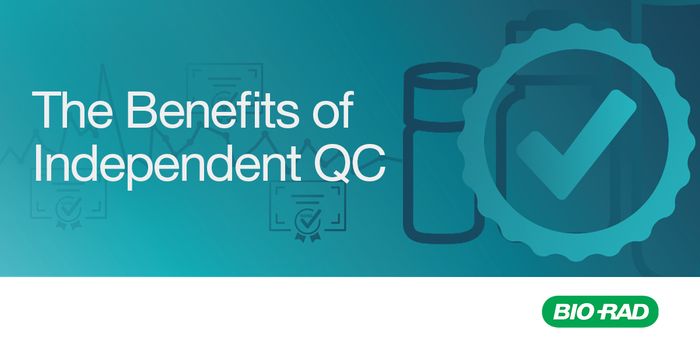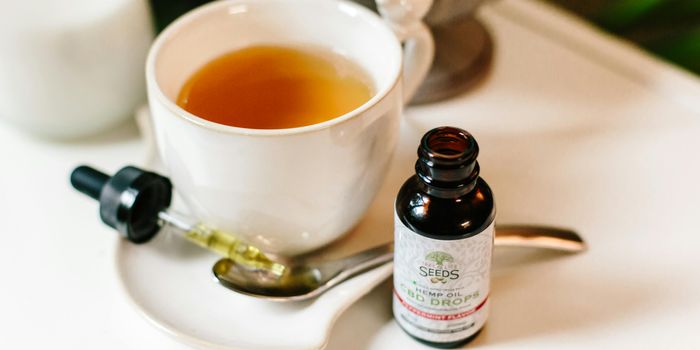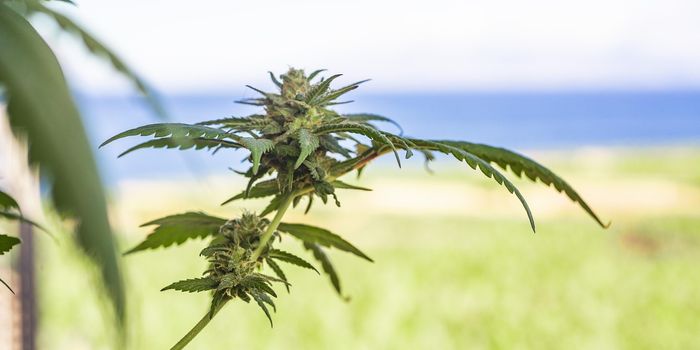Image Credit: Takmeomeo via pixabay.com
Acid, mushrooms, and ecstasy are all examples of psychedelics that researchers claim could help curb domestic violence.
Research on the benefits of psychedelic drugs began in 1943, when the “father of LSD,” Albert Hoffman, accidentally ingested the drug for the first time. Scientists studied the effects of LSD on treating mental illness until the mid-1970s when LSD was reclassified as a controlled substance. In recent years, psychedelics have been proven effective in reducing stress, fear, depression, and anxiety in patients with advanced cancer and other severe conditions.
Now, scientists from the University of British Columbia - Okanagan claim that psychedelic drugs may help curb domestic violence committed by men who suffer from substance abuse disorder. The observational study was published on April 26, 2016, in the
Journal of Psychopharmacology.
The researchers observed 301 males between the ages of 17 and 40 who were inmates at a county jail in Illinois. Each participant had a history of substance abuse and was serving a sentence that was a year or less. About 70 percent of the participants had prior charges for violent crimes, such as sexual assault, murder, and kidnapping.
Over the course of (an average of) 6 years following the participants' release, the researchers looked at the association between domestic violence and hallucinogen use. Of the original sample, 33 percent were arrested for domestic violence. When looking further into the 101 participants arrested for domestic violence, the researchers found that those who reported lifetime hallucinogen use were less than two-thirds as likely to have been arrested for the crime in comparison to those who did not report hallucinogen use. The 22 participants who met the criteria for lifetime hallucinogen use disorder were less than half as likely to be arrested compared to those without the disorder.
Co-author Peter Hendricks hypothesizes that psychedelics could be transforming “people's lives by providing profoundly meaningful spiritual experiences that highlight what matters most.” For instance, the drug may trigger the “realization that behaving with compassion and kindness toward others is high on the list of what matters.”
The overall findings demonstrate the potential of psychedelic medicine in matters relating to public health, said study author Zach Walsh, the co-director of the Centre for the Advancement of Psychological Science and Law. The idea that hallucinogens could be healthy lies in stark contrast with the prevailing attitudes towards the psychedelic drugs.
"The experiences of unity, positivity, and transcendence that characterize the psychedelic experience may be particularly beneficial to groups that are frequently marginalized and isolated, such as the incarcerated men who participated in this study," Walsh said.
"Intimate partner violence is a major public health problem and existing treatments to reduce reoffending are insufficient. With proper dosage, set, and setting we might see even more profound effects. This definitely warrants further research.”
Sources:
University of British Columbia press release via EurekAlert!,
“Hallucinogen use and intimate partner violence: Prospective evidence consistent with protective effects among men with histories of problematic substance use” via The Journal of Psychopharmacology,
Multidisciplinary Association for Psychedelic Studies (MAPS)









